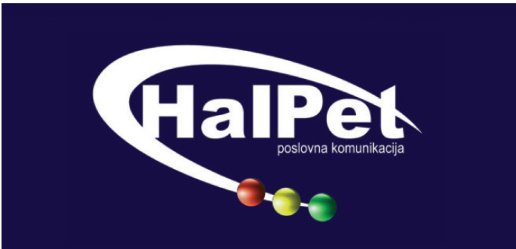False friends are pairs of words in two languages or dialects that look and/or sound similar, but differ in meaning. In the era of globalization, words travel fast from one language to another. In certain areas, such as the IT industry, English words usually retain their meanings in other languages. However, in many other areas, they do not, and these words then cause difficulty for people learning English. Unfortunately, there are no simple rules to follow. The best way is simply to memorize false pairs and learn them in the same way you learn a new English word.
False friends include pairs such as Ambulanta, hr. – Ambulance, eng. where Ambulanta, hr. = doctor’s office, eng. and Ambulance, engl. = the vehicle that in case of an emergency takes people to a hospital; vozilo hitne pomoći, hr. Another example is Eventualno, hr. – Eventually, eng. where Eventualno, hr. = possibly, potentially, eng. and Eventually, engl. = finally; in the end; konačno, na kraju, hr. Similarly, Provizija, hrv. – Provision, engl. translates to Provizija, hrv. = commission, eng. while Provision, engl. = a clause in a legal instrument, a supply of stock of something provided; and in plural form – provisions = supplies of food; odredba, nabava, opskrba, zaliha; namirnice, hr.
Other examples include Rata, hrv. – Rate, engl. where Rata, hrv. = installment, engl. and Rate, engl. = the amount of a charge or payment with reference to some basis of calculation (e.g. interest rate on loans); stopa, hrv. Prospekt, hrv. – Prospect, engl. translates to Prospekt, hrv. = brochure, engl. while Prospect, engl. = a possibility that something which you hope for will happen soon, a potential candidate, client, or purchaser and in plural form prospects = chances of future success; vjerojatnost, izgledi, perspektive, potencijal, hrv. Lastly, Interest, hrv. – Interest, engl. means Interest, hrv. = interest, engl. when it means a person’s involvement or curiosity for a topic/person, but interest in English also refers to the amounts or percentage charged for borrowing money from a financial institution = kamata, hrv.
To practice, match the phrases on the left with their Croatian equivalents on the right. For example, interest translates to zanimanje za nešto; rate translates to stopa; kamata translates to vozilo hitne pomoći; brochure translates to moguće, eventualno; prospects translates to konačno, na kraju; ambulance translates to izgled, mogućnost; installment translates to vjerojatnost; and eventually translates to rata.




